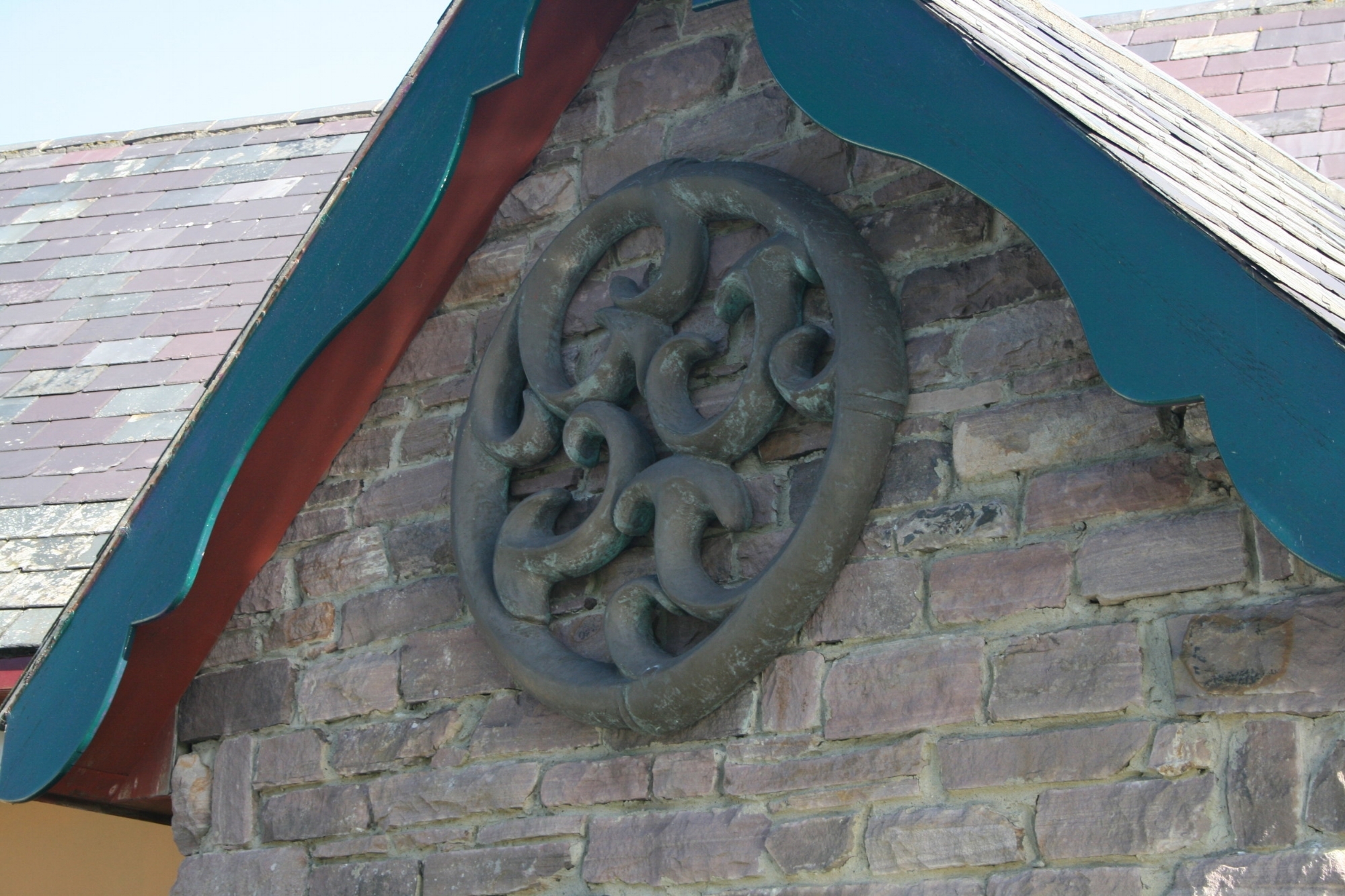Do you see the bird's claw prints? They are interspersed with those made by some human who trod along the sand at the headwaters of the slough at Avila Beach recently. They are so large I assume they are probably those of a great blue heron, but I can't be sure. What I love about them is their size—nearly half the size of a (wo)man's foot. The other thing is I was frustrated that I couldn't find a spot where the heron's footprints weren't "marred" by the human prints. I wanted the image to be perfect, to reflect a perfection that doesn't exist in nature, or, really, anywhere.
We all try to make things perfect. Mostly we fail. Writers strive to create the perfect story, essay, novel, memoir, and what we end up with (most times) is flawed prose. Still, we persist.
John Steinbeck, who is one of my favorite writers, struggled (as most of us do) with his early writing. In fact, his first book, Cup of Gold, was a flop that never earned back his $250 advance, according to the Writer's Almanac. Steinbeck wrote to a friend: "The book was an immature experiment written for the purpose of getting all the wise cracks (known by sophomores as epigrams) and all the autobiographical material (which hounds us until we get it said) out of my system [...] I think that I shall write some very good books indeed. The next one won't be good nor the next one, but about the fifth, I think will be above average."
That was 1929. In 1935 he started work on his masterpiece Of Mice and Men (one of my all-time favorite books), which he didn't finish until 1937. During that time he and his wife, Carol, lived in his family's vacation cottage near Monterey Bay. She worked as a secretary and his family gave him a monthly stipend of $25. In spring 1936, he wrote to a friend that the work was going well and he was excited about its prospects. Then his new puppy chewed up the manuscript. He wrote to a friend: "Minor tragedy stalked. My setter pup, left alone one night, made confetti of about half of my ms. book. Two months work to do over again. It sets me back. There was no other draft. I was pretty mad but the poor little fellow may have been acting critically. I didn't want to ruin a good dog on a ms. I'm not sure it is good at all. He only got an ordinary spanking with his punishment flyswatter."
Steinbeck's good humor shines here, but so does the sense of inevitability so many writers know: It can always be rewritten—and improved. In my experience, the result is usually better. In Steinbeck's case, the final version of Of Mice and Men was chosen as a Book-of-the-Month Club pick before it came out and got rave reviews. It soon became a successful Broadway play.
What is the lesson here? Trust that the work will become what it's meant to be, get out of the way, and don't be afraid to revise.





